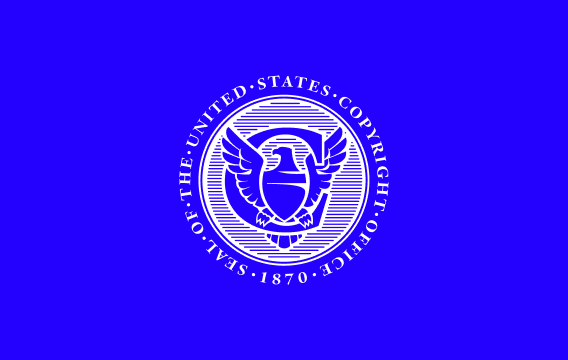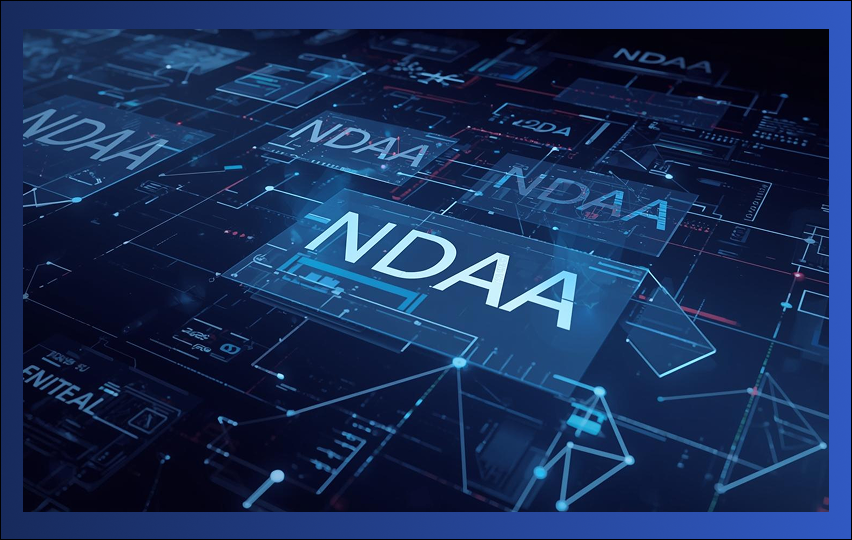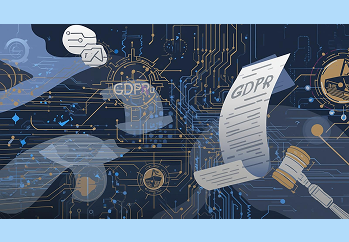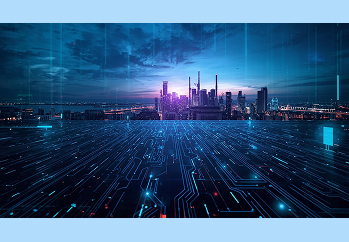This past week, while most AI news headlines focused on DeepSeek, the U.S. Copyright Office released Part II of its Copyright and Artificial Intelligence report on January 29, 2025. Consistent with its position in recent court cases, the Copyright Office expanded its Part I statement that AI is not an author, explicitly reaffirming that copyright protection exists “only for works of authorship that are the product of human creativity.” This conclusion aligns with legal precedents and the U.S. Copyright Clause, which requires human authorship for protection under copyright law.
The report also underscores that existing copyright law provides sufficient clarity and that there is no immediate need for new legislation governing AI-generated works.
Additionally, while the U.S. maintains a strict human authorship requirement, some international approaches diverge—the UK, for example, grants limited copyright protection for AI-generated works, while other jurisdictions are exploring hybrid models that balance AI assistance with human involvement.
Here are five other key takeaways from the report:
1. No Copyright Protection for Generative AI Tools
Works produced entirely by AI are not eligible for copyright protection under U.S. law. The report clarifies that copyright requires a clear human creative contribution, and AI-generated works created using prompts alone do not qualify for protection. While prompt engineering can require skill, the Copyright Office found that a user’s textual input alone does not constitute authorship unless it demonstrably shapes the final output in an original, creative, and expressive way.
However, the report notes that AI systems may evolve to allow for greater human control, potentially impacting copyrightability in the future.
2. AI Tools Can Be Used to Assist—But Human Creativity is Key
The use of AI as an assistive tool—rather than as the primary creator—does not automatically disqualify a work from copyright protection. If a human provides meaningful creative input, the human-authored aspects of the work remain copyrightable.
For example:
- A human using AI-generated content as a foundation and then adding significant modifications may qualify for copyright protection.
- Curating, arranging, or modifying AI-generated elements into a final expressive work may establish sufficient authorship.
However, merely selecting an AI-generated image or text does not meet the standard for originality under copyright law.
3. Copyrightability is Determined on a Case-by-Case Basis
The Copyright Office emphasizes that no single rule applies to all AI-assisted works—copyrightability must be evaluated based on specific facts in each case. The key legal question remains: Did a human author contribute original creative expression to the final work? Since AI tools can vary widely in how they generate content, the degree of human intervention in shaping the final output determines whether copyright protection applies.
4. No New Legislation for AI
The Copyright Office does not introduce new legal protections (or sui generis protection) for AI-generated material. The report emphasizes that the current copyright framework sufficiently addresses authorship and originality requirements. Furthermore, the report highlights concerns about the potential negative impact on human creators if copyright were extended to AI-generated works, including:
- Dilution of copyright protections for human authors.
- Increased legal uncertainty regarding AI-generated content ownership.
- Potential shifts in the creative economy that could disadvantage artists, writers, and other human creators.
The Copyright Office will continue monitoring AI developments to determine whether future legislative changes may be necessary.
5. Future Reports Will Address Licensing, Training Data, and Liability
While this report focuses on copyrightability, the Copyright Office acknowledges that AI-generated content raises broader legal and policy questions, including:
- How AI models are trained on copyrighted works.
- What licensing requirements (if any) should apply to AI-generated works.
- Who bears legal responsibility when AI-generated content infringes copyright.
The report confirms that these issues will be addressed in future publications, as the Copyright Office continues its AI Initiative.
This latest report reinforces that AI alone cannot be an author under U.S. copyright law, and human creativity remains the foundation of copyright protection. We at OpenPolicy will continue to update you on the implications of this new introduction and what it means for the evolving intersection of AI, copyright, and regulatory governance.
🔗 You can find the full report here.








